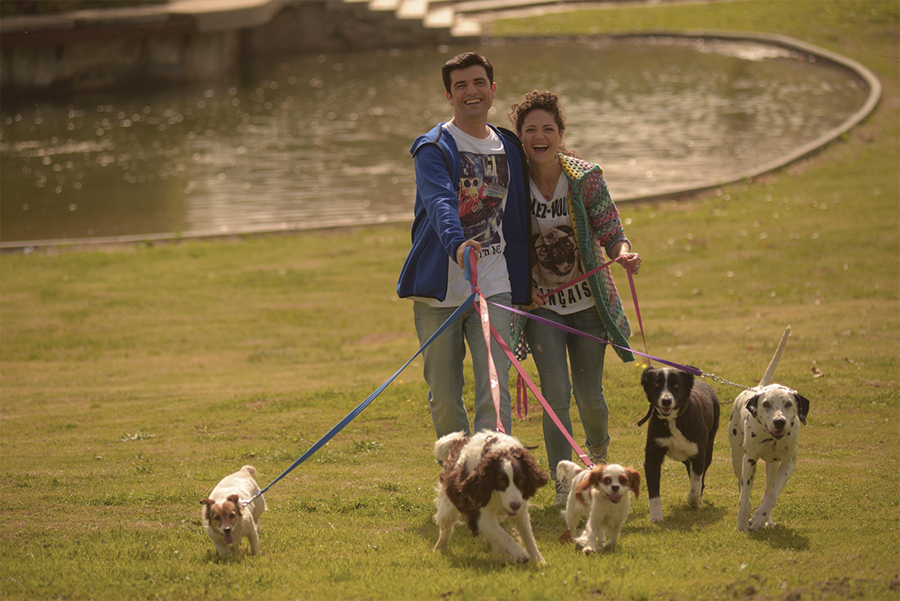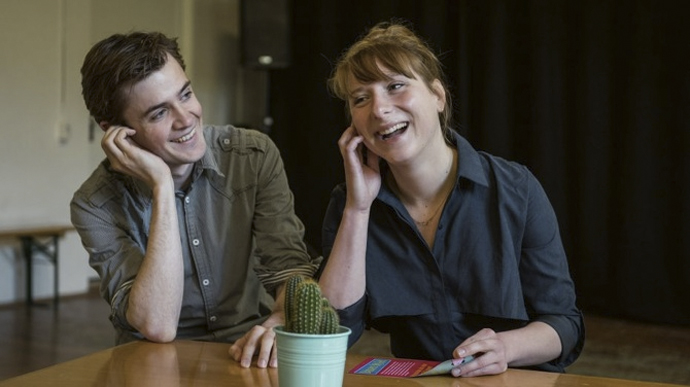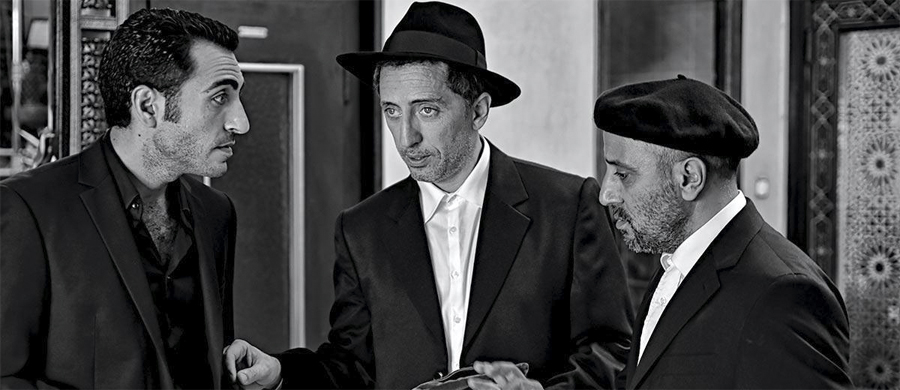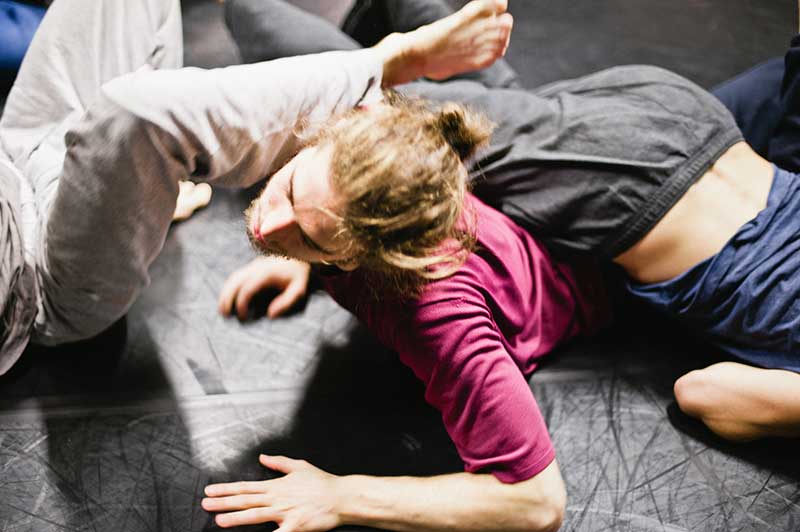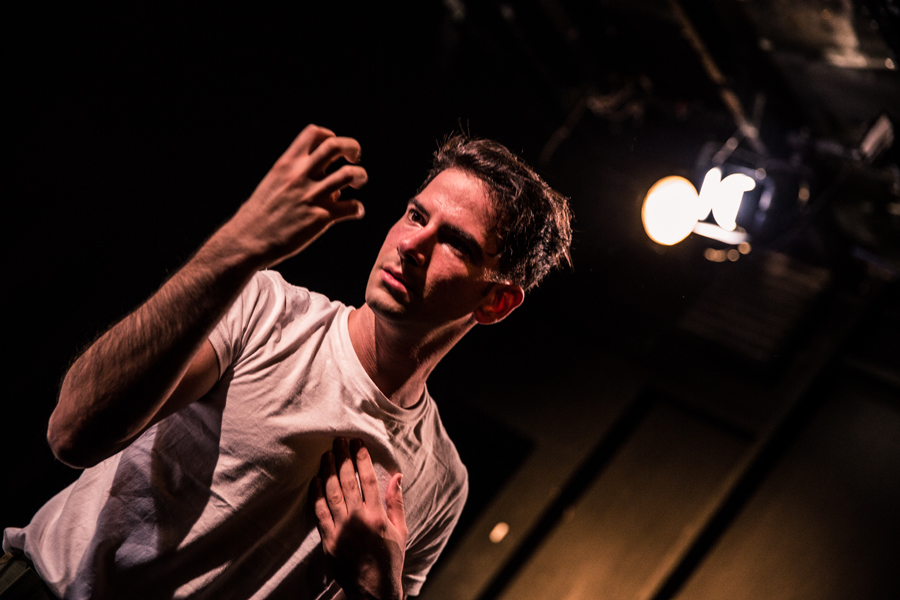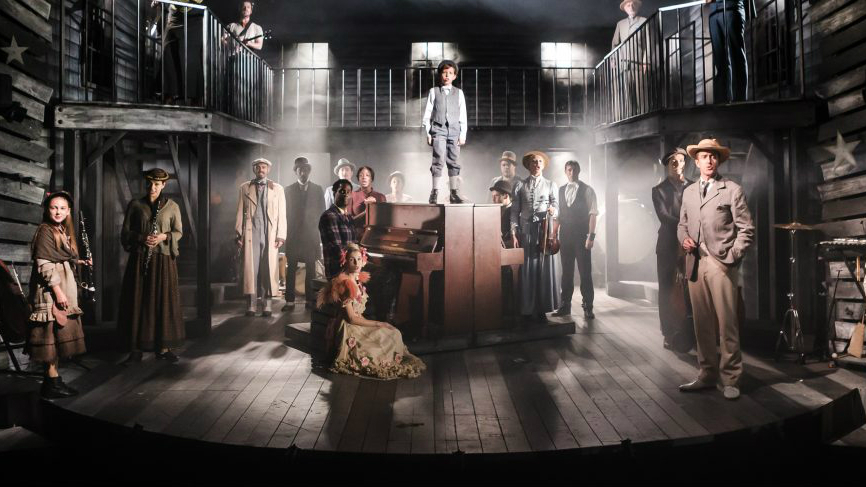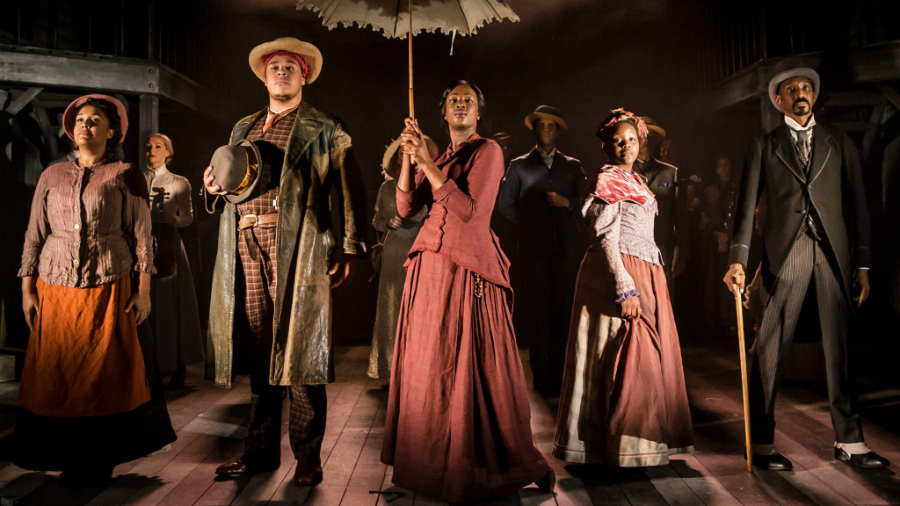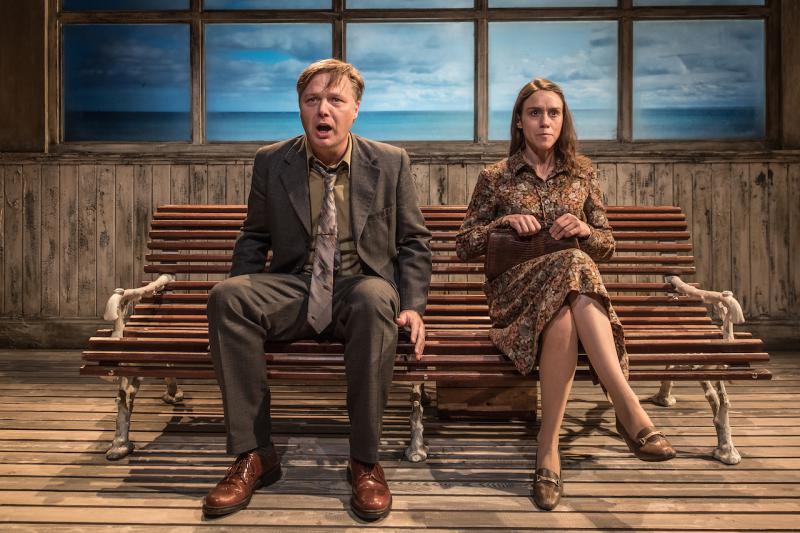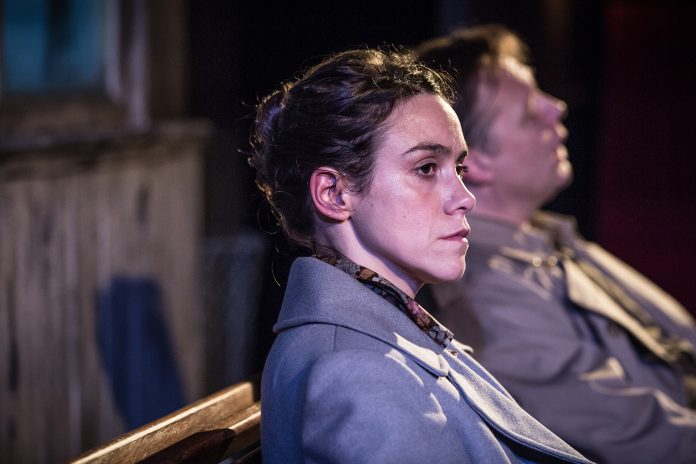 More reviews from the 20th UK International Jewish Film Festival. This time looking at two films from Israel giving insights into Arab/Israeli relations, starting with Stephen Apkon and Andrew Young's documentary, Disturbing the Peace.
More reviews from the 20th UK International Jewish Film Festival. This time looking at two films from Israel giving insights into Arab/Israeli relations, starting with Stephen Apkon and Andrew Young's documentary, Disturbing the Peace.
For a searing insight into the wounds inflicted on both sides by the situation and into a group that has earned the right to work towards trying to heal them, I urge you to see this hard-hitting documentary. Even-handed filmmakers Stephen Apkon and Andrew Young take no prisoners and no sides. They give equal screen-time to the bravely candid members of Combatants for Peace from both the Israeli and Palestinian communities who speak directly to camera to tell their stories, backed up by documentary footage and reconstructions, as well as tense actuality of unfolding events.
These men and women really have earned the right to fight for peace and co-existence over the ten years since they were established. There’s the Palestinian woman who kissed her little daughter goodbye, explaining that she would not see her again as she intended to blow herself up. Apprehended and in an Israeli prison, it’s the humanity of her female jailers that helps her to listen to the narrative of the other. Another Palestinian activist, a man this time, learns to understand the other literally as well, as he learns Hebrew in prison. And equally, it’s impossible not to hear the narrative of both ‘sides’ as the film reveals the sort of punitive action that makes men and women come to the conclusion that taking such desperate action is the only way – houses demolished leaving weeping families on the street, a younger pre-teen brother gunned down for trying to go 50 yards down the street to a cousin’s house during a punishingly early curfew. I am reminded of the coming together of bereaved family members from both communities in the Bereaved Families Forum, who also speak of listening to the narrative of the other.
For every bit of footage showing desperate Jews trying to get to Palestine or emaciated bodies in the camps, there’s equally shocking footage of the bodies left behind after the massacres in Sabra and Shatila. As one of the combatants (and tellingly I cannot remember from which community) says “Blood is blood – it doesn’t have two colours” – and another “Every act of violence causes pain”. The plangent beauty of oud music on the soundtrack makes these scenes and statements all the more poignant.
It’s heartening and moving to see Israeli members of Combatants for Peace, who present at first as 'hardened' soldiers from elite units, taking blankets to Palestinian families whose houses have been demolished. Equally though, it is worrying to see the military presence (and the tension that engenders) that accompanies their peaceful rallies, almost reminiscent of 1960s hippies or the Greenham Common women, though these Combatants for Peace have experienced pain and violence at first hand. One of the most telling images in the film is a mock tomb with the message “We don’t want you here” carved on it. For me that says it all.
By Judi Herman
Disturbing the Peace screens on Tuesday 15 November, 6.30pm, at Odeon Swiss Cottage, NW3 5EL.




